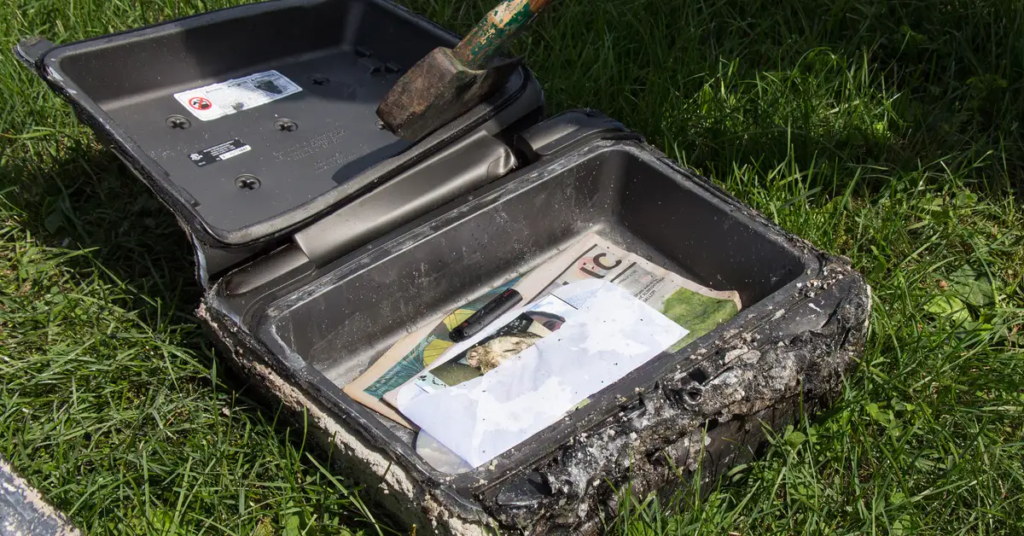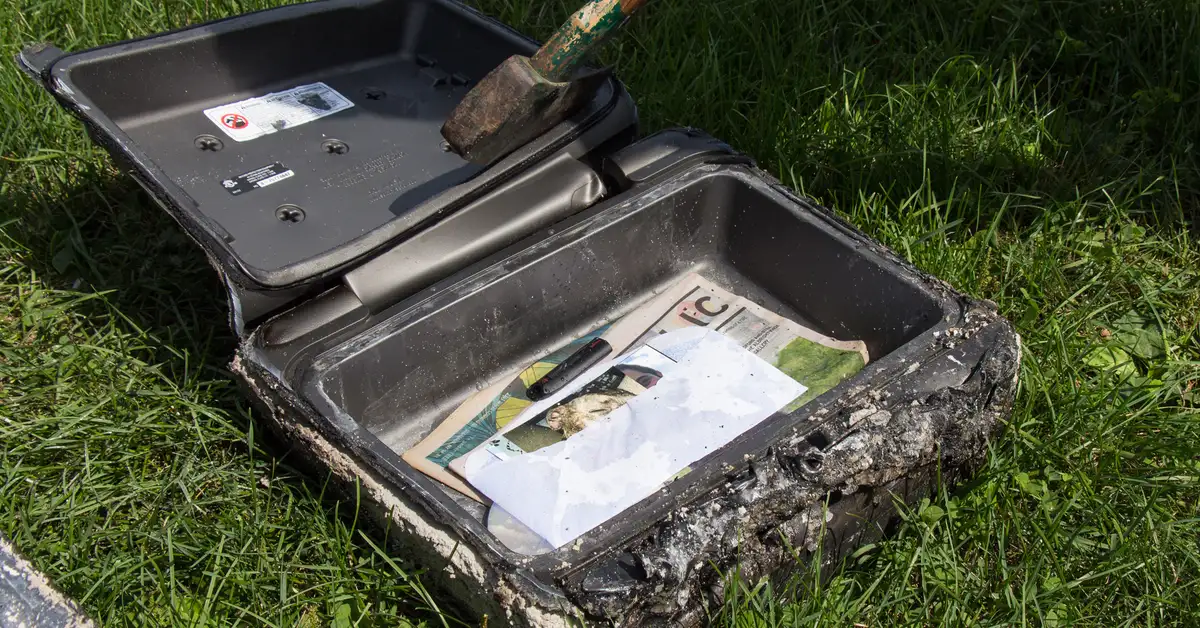Lightning strikes and thunder rolls–
A tornado rips a roof from a barn,
Kansans flee their homes quickly due to flooding.
We have seen our share of natural disasters in the Midwest with their destructive impact on families and property. These emergency situations leave us in a reactive state. There is no time to run in and save – the cat? Family photos? Your jewelry? What about the $2500 estate plan you had the nice attorney prepare for you?
Safeguarding Important Paperwork
It is essential to safeguard your important papers. Life’s emergency situations require advance preparation and planning.
Our lives consist of unexpected events:
- Theft
- Serious injury
- Accident
- Illness
- Incapacitation
- Natural disaster
- Pandemic
Organize
Organize your important paperwork. There are various methods for organizing – pick the one that makes the most sense to you. It needs to be appropriate for your family. There is no need to make it more complicated than necessary.
For example, you can:
- Categorize your paperwork in files such as-
- Family records
- Property records
- Legal records
- Financial records —OR–
- Keep a Checklist of your important papers with your documents
- Your Checklist can provide detailed information and instructions.
- It may include locations of accounts not otherwise provided on other documents.
- List any household items of importance or value.
- You may express last personal wishes, such as a song you would to be sung at your funeral.
Once you’ve decided how you are going organize your documents, make sure you start gathering:
- Estate Plan

Photo: Nick Guy
- Living Trust
- Last Will & Testament
- Powers of Attorney
- Living Will
- Transfer on Death Deed
- Insurance policies
- Bank / investment account information
- Retirement benefit information
- Titles / deeds to property
- Marriage / death certificates
- Pre-paid funeral plan
Store
Keep your important papers in a safe place. It doesn’t do any good to have organized papers, if they aren’t safe.
Options for safeguarding your important paperwork:
- Safe deposit box
- Fire / water resistant safe
Many people first think that a safe deposit box is the best idea. However, you must be careful. If no one has proper access to your box, it will cause unnecessary delays during an already difficult time. Make sure if you decide to use a safe deposit box you have consulted with the bank and have followed all necessary steps to ensure your trusted agent can have immediate access to your box when necessary.
A fire and waterproof safe is a convenient option as it allows you access to your documents at any time in your home. It should be large enough to hold your important papers and perhaps a few valuables. However, it should not be too large to carry out in emergency if possible. Your trusted agent should know where the container is and how to open it.
Communicate
Communicate with the people you trust. Being organized is great. And having safeguarded documents is wonderful. If you haven’t communicated your plans – all of your hard work is going to be hard to find.
- Make the location of your documents known.
- Make your last wishes known.
- Make sure you’ve discussed the roles with your financial and medical Powers of Attorney.
- Make sure you are comfortable with your agent. You should trust the person you have picked to help you, if something has changed – make a change and name a new agent you trust.
Safeguarding important paperwork is part of the Estate Planning Process. If you need to get started with your Plan, we are here to help.

